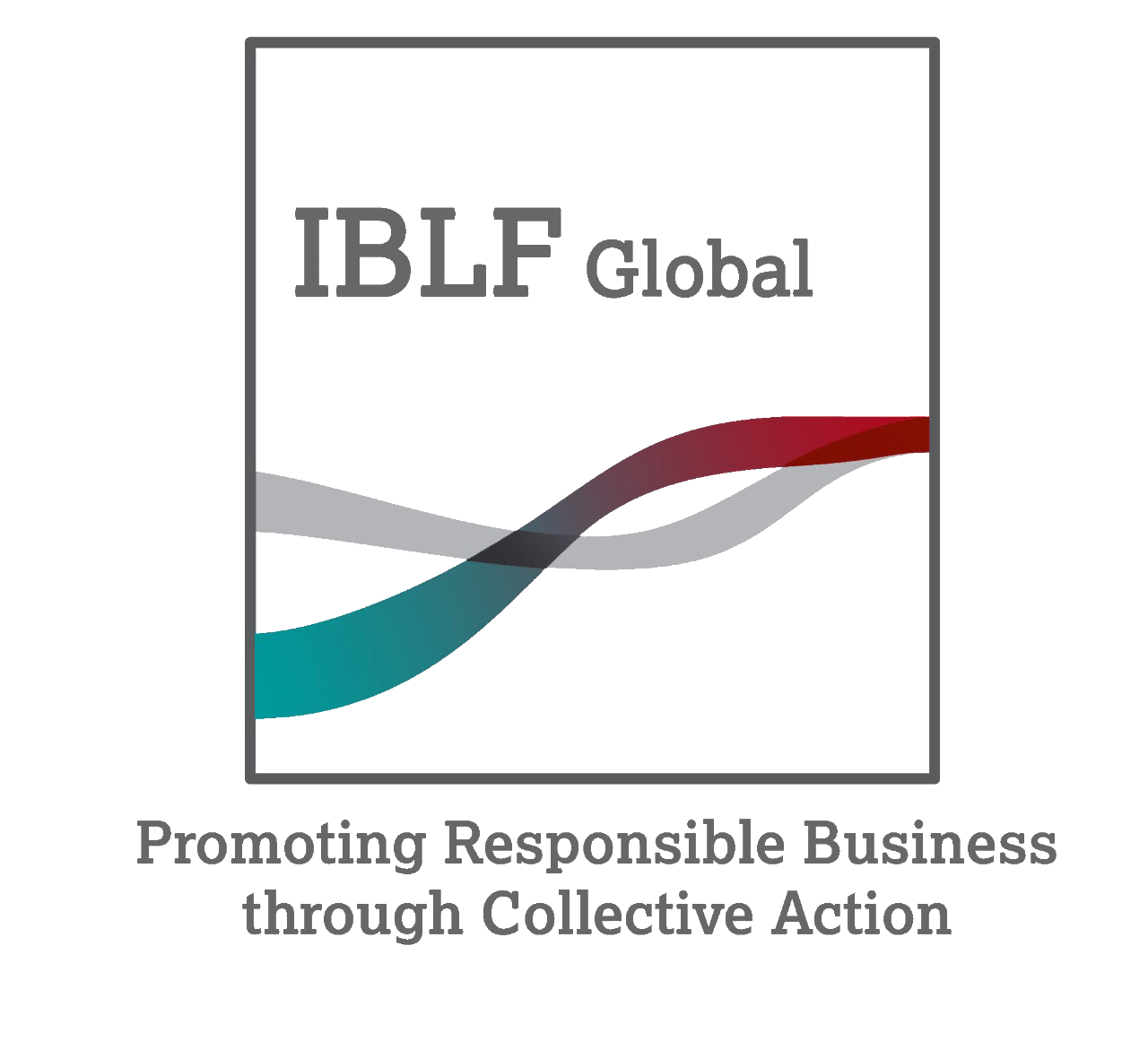Bringing business integrity to global markets with impact
8 November 2022
It’s coming on for nearly 15 months since I joined IBLF Global, first as an intern, then as research and marketing manager. In the new year, I will be moving on to a new traineeship at UNDP Indonesia. It’s a good moment to reflect on my time working with IBLF Global and what I have learnt here.
IBLF Global’s mission, as it says on its logo, is to “promote responsible business through collective action”. From the very start of my time with this UK-based NGO, I have witnessed first-hand how the organisation does this, translating good business from principles into practice in some of the Asia’s most challenging markets. We’ve designed and delivered training programmes for the suppliers of global multinationals in Malaysia; mentored women business leaders in Thailand; created an online toolkit for young entrepreneurs in Asia. We have been working with a leading private hospital group to raise business standards in Vietnam’s healthcare sector. We’re currently writing a study on how multinationals can integrate anti-corruption compliance and human rights safeguards in their global supply chains, and are producing a policy guide for Anti-Corruption Agencies on how to work with youth.
During my time with IBLF, I have been particularly fascinated by the Collective Action component. What does it actually mean, and what difference does it make to the outcome of these projects?
Certainly, the ability to deliver these programmes by mobilising the project stakeholders is one of IBLF’s unique skills. In nearly every one of the projects mentioned above, local business people, young entrepreneurs, civil society activists, even government officials, were and are involved in designing the training or knowledge materials, developing them and distributing them through their networks. This ensures that the learning products hit the mark by being targeted at the right audience. Supported by inspired stakeholders, there is a good chance that these efforts will have an “after-life” well beyond the scheduled end of the project. The participants’ networks – social, professional, business – enhance a project’s scale, potentially reaching thousands of business leaders, entrepreneurs and managers. If even just a portion of those “touched” by the projects actually put what they have learnt into practice, that’s a significant outcome. That’s surely what all of us working in Anti-Corruption are after – impact.
I was interested in finding out more about how Collective Action, so in June this year, I took myself off to Switzerland where the Basel Institute on Governance was hosting its 4th International Collective Action Conference. The latest edition of this conference, on provided a great opportunity to learn about other Collective Action initiatives, especially in high-risk developing markets.
For example, I learnt about the Business Ethics for APEC SMEs Initiative which aims to promote a common set of ethical principles in the healthcare industry to provide high-quality patient care. Supported by the US Government and a number of industry organizations, healthcare professionals, patient organizations and hospital groups[1], it currently reaches 11 APEC countries. Most impressive are the country-level “consensus frameworks” which make the global training materials accessible to the local business communities in each market.
Another inspiring example was the Maritime Anti-Corruption Network. This industry-led initiative, composed of shipping companies, governments, and other stakeholders, supports its members with anti-bribery techniques to mitigate corruption risks for cargo ships coming into port[2]. With the leading shipping companies taking the same robust approach to bribery, the true benefits of Collective Action kick in – a high bar set by market leaders disincentivises others to undermine the level-playing field.
At Basel, I learnt that Collective Action for responsible business may take many forms, according to whether it is structured between companies, between companies and governments, or between companies, governments and other stakeholders. But underlying all such initiatives is the importance of developing a common set of principles and rules binding together the participants. Such was the case of the B20′s Integrity and Compliance Taskforce in 2020 when its members selected as its “Collective Action” theme the topic of gender and anti-corruption. Spearheaded by SABIC, the B20 companies combined forces to develop training materials aimed at women entrepreneurs which were eventually made available to women entrepreneurs through UNDP, Alliance for Integrity and others.
For me, these successes were truly inspirational: certainly these efforts are going in the right direction and are genuine. However, as I left the conference, I still felt more could be done. In reality, there are not so many companies taking a pro-active approach to business integrity. More evidence of measurable impact of the initiatives is still needed.
With new human rights due diligence legislation poised to come into force in Europe, and no let-up from regulators on anti-corruption compliance, multinational companies will have to find “smarter” solutions, which may involve pooling their efforts to actively promote a fair and transparent business environment in their new markets.
The potential for Collective Action in promoting business integrity in global markets is clear; the efforts by a small number of companies have shown what is possible and have pointed the way ahead. Now the question is – how can this be scaled up? How can all the others rise to the challenge and take a proactive role in working together to transform their markets into models of ethical and transparent business practice?

Article by Research and Marketing Manager, Qinyi Liu

